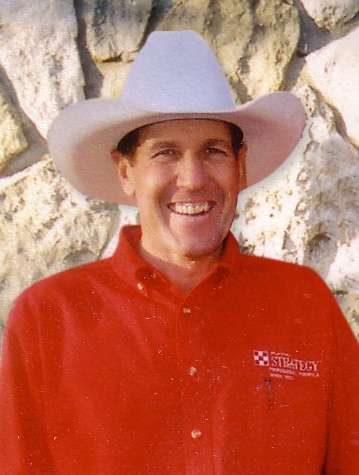“Some horses are like some people; they can become overweight quite readily.”
Again, similar to their human counterparts, cause for a horse becoming too heavy and unhealthy has various causes. It’s well beyond eating too much and not doing enough.
Certain horses are “easy-keepers,” and some people are simply “easy-keepers.”
“Managing easy-keeper horses can be challenging,” emphasized horse nutritionist Shannon Pratt-Phillips.
“Pasture is like a buffet for horses,” Pratt-Phillips said.
Not only can pasture have more calories than most hay, but it can also accumulate problematic sugars for some horses.
“Biggest issue with pasturing a horse is that it’s difficult to know how much the horse is eating,” Pratt-Phillips said. “Balancing the rest of the diet is very difficult.”
While most owners have never heard of such things, grazing muzzles can be used to reduce pasture intake, Pratt-Phillips said.
They effectively reduce pasture intake and still allow the horse to have ample turnout time. “However, food-motivated horses can remove or damage the muzzle, rendering it ineffective,” Pratt-Phillips pointed out.
Of course, feeding horses hay in a dry lot lets them move around without risking over consumption in the pasture.
“Obviously, it’s difficult to evaluate hay quality or composition by looking at it,” Pratt-Phillips said. “Knowing exactly what’s in forage is key to keeping a horse healthy and their weight under control.”
A hay sample can be sent it to a laboratory for analysis. “This can be challenging if the hay changes frequently, but it is still useful to check it,” Pratt-Phillips said. “Owners are often surprised at how much they are underfeeding or overfeeding horses’ certain nutrients in the hay.”
Different flakes of hay, even from the same bale, can weigh different amounts. Likewise, scoops of different concentrates will have different weights. “So, weighing horse feed is critical,” Pratt-Phillips said
It’s not too difficult to make a scale of sorts. For grain, weigh an empty bucket before adding the amount of concentrate the horse gets each day. Subtract the weight of the bucket to find out how many pounds the horse eats.
“Then, mark the volume on a feed scoop for easy measuring on a day-to-day basis,” Pratt-Phillips suggested.
“It’s best to weigh hay in a garbage bag at each feeding, because flake size and weight varies,” Pratt-Phillips reiterated.
Caution must be taken to always feed enough. “We know we want to limit concentrated feed intake for an easy-keeper,” Pratt-Phillips said. “But feeding too little might result in the horse not getting all needed the nutrients.”
Owners should evaluate concentrates being fed a horse and make changes as needed.
“Ration balancers are designed to be fed at a half-pound to two pounds daily as excellent horse feed,” Pratt-Phillips said.
Because they’re concentrated sometimes more than 30-percent protein and higher concentrations of other nutrients, not as much feed is required.
“This can decrease calorie intake from the feed, to maximize the forage intake,” Pratt-Phillips said. “We all know how important forage intake is for keeping digestive tracts healthy and horses happy.”
If ration balancers add too many calories to the diet, a vitamin and mineral supplement might be better, Pratt-Phillips added. It can typically be fed at about 100 grams per day.
“Depending on hay analysis, owners can add soybean meal to ensure protein and amino acid intake are appropriate,” Pratt-Phillips said.
Despite the common moniker, easy-keepers can be anything but easy to feed and manage properly, Pratt-Phillips insisted.
+++30+++
CUTLINE
A muzzle can allow an horse that is an “easy-keeper” to remain on pasture while limiting intake. (Erica Larson photo)
Overweight Horses Require Feed Management
For the Love of Horses




